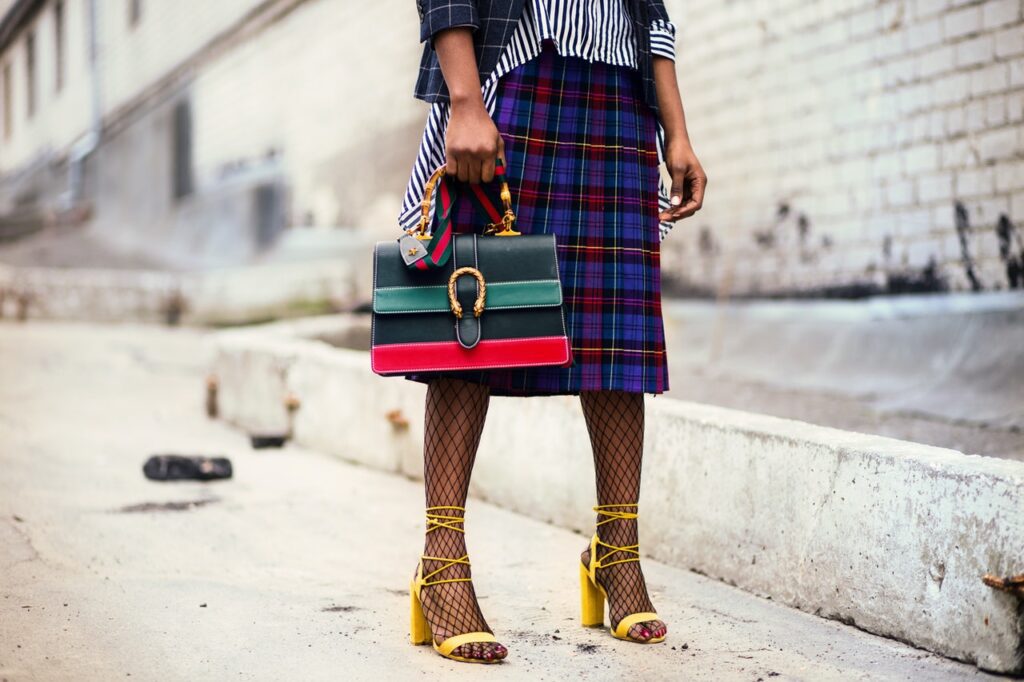The proposed Fashion Sustainability and Social Accountability Act would give an incentive for companies that sell clothes and shoes in the fashion hub of New York to reduce their carbon footprint. It would also make New York the first state in the country to hold the biggest brands in fashion responsible for their role in climate change, The New York Times reported.
The bill would require any apparel or footwear brand making $100 million and selling its products in New York State “to identify, prevent, mitigate and account for how they address actual and potential adverse impacts in their own operations, their supply chain and other business relationships,” as recommended in international guidelines. Under threat of fine, firms would be required to come up with plans for reducing their environmental impact and unfair labor practices throughout their global supply chain.
“Apparel and footwear are responsible for an enormous and under-acknowledged part of global greenhouse gas emissions, between 4-8.6%,” according to the New Standard Institute, which helped develop the legislation. “The fashion sector is not just an enormous polluter, it is also a leading industry in the use of exploited, forced and child labor.”
“Fashion is one of the least regulated industries,” because its supply chain extends across many countries and continents, Maxine Bédat, founder of the New Standard Institute told The New York Times. She said that legislation making firms responsible for their supply chains would ensure better reporting and prevent companies from having an unfair competitive advantage.
The legislation is sponsored by State Sen. Alessandra Biaggi and Assemblywoman Anna R. Kelles. It was referred to the Assembly’s Consumer Affairs and Protection Committee for consideration on Jan. 5. The sponsors hope to bring it to a vote in late Spring, according to the New York Times.
Greener fashion from biotech
Biotechnology firms are developing greener approaches to fashion that reduce the carbon footprint of the industry, with new technologies to produce clothing out of materials that are recycled or biodegradable, Cornelia Poku reported in BIO.org.
Even without legislation, consumer demand can make a difference, she wrote: “The more we create a demand for these truly sustainable products, the more funds there will be to continue making them and pushing the industry in a more positive direction.”
The demand is growing, judging by a survey of Vogue’s global audience. “Audiences who say sustainability is an important factor when making a fashion purchase, from 65 per cent in October 2020 to 69 per cent in May 2021,” Vogue Business reported.




